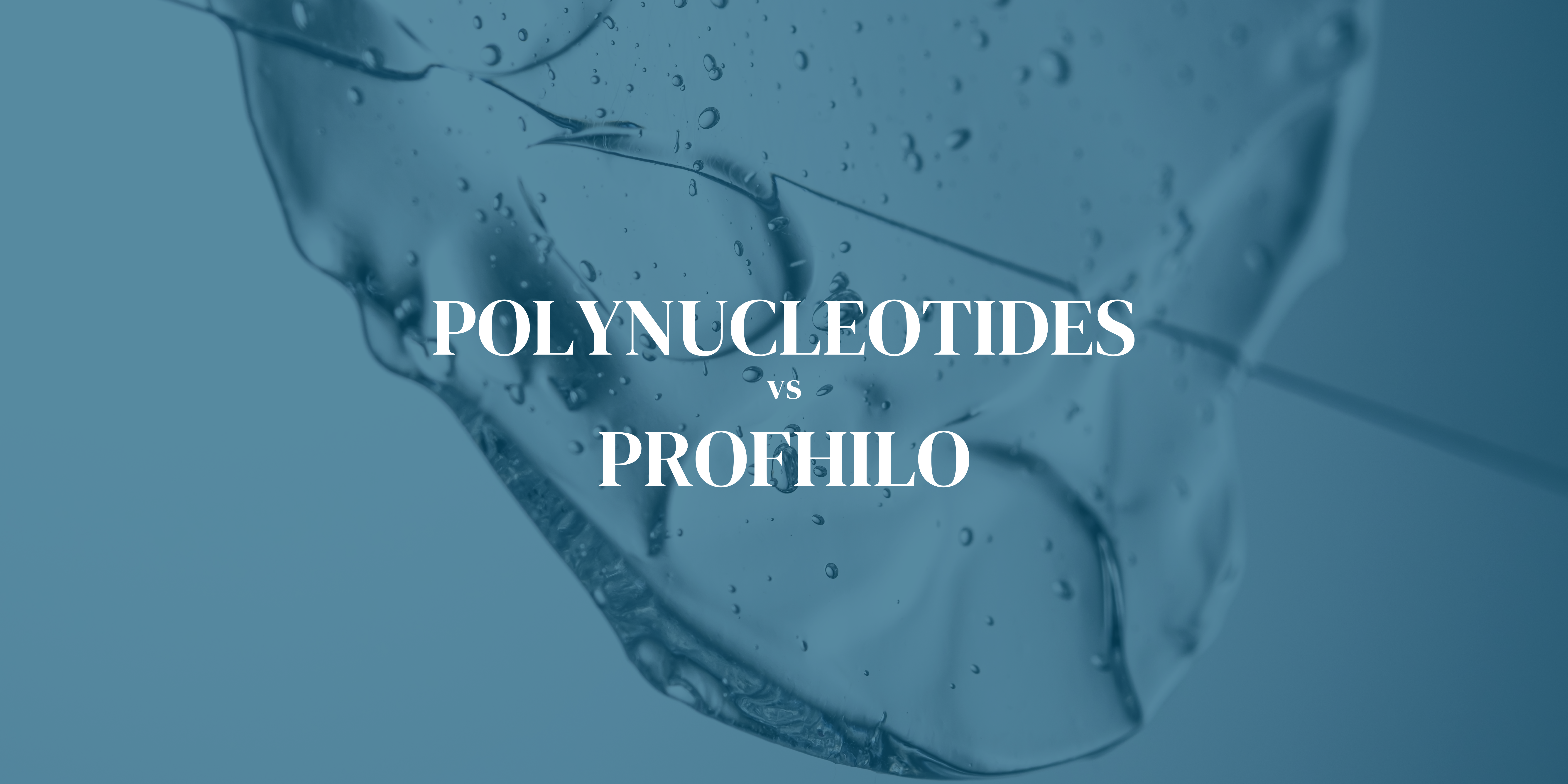Did you know over 80% of women use moisturiser on a daily basis?
Primarily, the function of moisturiser is to make the skin feel moist, relieve dry skin and tightness, and provide a basic level of protection against environmental damage. However, while moisturisers are often pitched as miracle creams, what’s the truth behind such claims?
From a scientific standpoint, moisturisers are usually a mix of water, mineral and plant oils designed to trap water in the skin. Moisturiser is a key player in the skincare industry, costing around £549 million per year and making up around 59% of all skincare sales. While moisturisers are a popular and important part of a skincare regime, some people with skin concerns like acne react to specific products. A prime example of this is adult acne.
In recent years, there has been a surge in cases of adult acne, which among other things could be down to our overuse of moisturiser. The thick, oily consistency of some moisturisers can cling to dead skin cells, and clog the pores creating an oxygen-free environment in which acne causing bacteria can thrive. Overtime, this may contribute to acne and rosacea.
What can you do to help with acne?
Naturally, the surface of the skin replenishes every six weeks but as we age, this process slows down and causes dead skin cells to gather on the skin’s surface. This can cause the skin to feel a little dry and appear duller than usual. So what can you do? It’s all about being skincare savvy and understanding your skin.
You could opt for a good exfoliating treatment. Exfoliators can help to stimulate collagen production, and promote new cell turn over to keep your skin healthy and glowing. For best results, we recommend exfoliating around 2-3 times weekly, and opt for products that contain salicylic acid, lactic acid or glycolic acid to help regulate sebum production and remove any acne causing bacteria from the pores.
When you shop for a moisturiser, you should be mindful of your individual skin needs. When we artificially saturate the skin’s surface with thick, heavy moisturiser, it can send a signal to the cells to stop producing natural oils. These natural oils are there to help add moisture to the skin and protect it, without them the skin will become dry, dull and show signs of premature ageing.
Opt for a moisturiser that is lightweight, and full of skin loving ingredients – moisturisers that contain peptides which help collagen synthesis, protect the skin and restore natural moisture.
You could also incorporate hyaluronic acid (HA) into your routine. Hyaluronic acid is a powerful humectant with a large molecular structure that helps to trap moisture within the skin. Liquid HA’s that contain Glycerin and Glycogen effectively draw water to the outer layers of skin to help improve skin tone and radiance.
If you are suffering from acne, we recommend following a good skincare regime designed with your skin in mind. Every evening, you can incorporate a double cleanse system to thoroughly remove any bacteria from the surface of the skin, and from the pores.
Following up with a vitamin A treatment, can help stimulate healthy skin cell renewal, and treat breakouts. For hydration, opt for a hyaluronic acid which attracts moisture to the skin whilst promoting even skintone and a youthful complexion.
There are also advanced facials available, such as the Stratum Synergy, which can effectively treat all layers of the skin simultaneously and offer deep cleansing, exfoliation, hydration, leaving the skin feeling fresh and pores, bacteria free. It also promotes oxygen enrichment and skin cell nutrition which will help to brighten your complexion. Ideal!
Need a bit more help? For advice on your skin, or your skincare routine, contact Cosmex Clinic today for a full skin assessment and consultation where we will help identify your skin’s individual needs, and recommend the best treatment plan for you.



